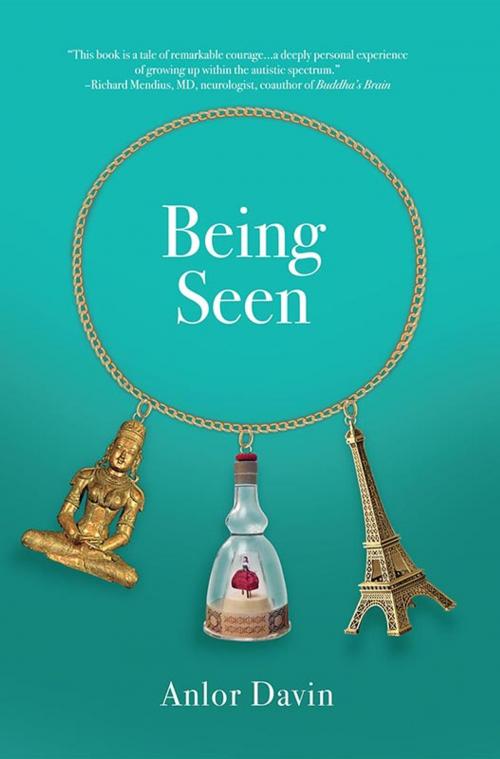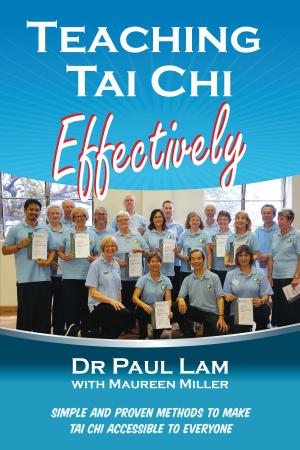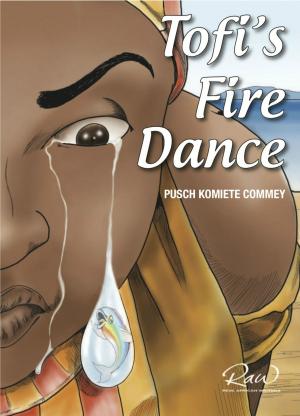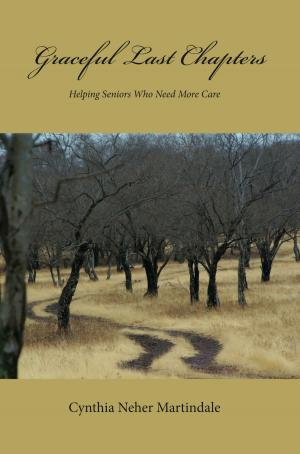| Author: | Anlor Davin | ISBN: | 9780991436941 |
| Publisher: | BookBaby | Publication: | March 4, 2016 |
| Imprint: | BookBaby | Language: | English |
| Author: | Anlor Davin |
| ISBN: | 9780991436941 |
| Publisher: | BookBaby |
| Publication: | March 4, 2016 |
| Imprint: | BookBaby |
| Language: | English |
Being Seen is a memoir about a woman with autism struggling not only to be seen, but to be understood and respected. Anlor Davin grew up in a small town on the Western coast of France. From earliest childhood she was beset by overwhelming sensory chaos and had trouble navigating the social world. Only many years later did she learn that she was autistic. Throughout childhood, Anlor struggled to hold her world together and in many ways succeeded: she became an accomplished young tennis player, competing even at the level of the French Open. However, in addition to her autism a dark history hung over her family—a history that she did not fully understand for years to come. Without yet having a name for her world-shattering condition, Anlor headed to a new life in America. But she now had to contend with the raw basics of survival in a new culture, speaking a new language, and without support from her family. Through incredible effort, Anlor was able to parlay her knowledge of the French language into a job teaching in the notorious South Side neighborhood of Chicago, one of America's most violent. Anlor married, had a child, and even dreamed that she might be able to pass as a neurotypical person. The grim toll of daily compensating for her autism and “pretending to be normal” proved too great a challenge and Anlor’s life imploded. She spiraled downward into a kind of hell, losing her marriage and her beloved son. Desperate, Anlor moved west to California, where she found a mysterious and ancient tradition of spiritual practice from the Far East—zen. Through this profound meditation and community she was able to slowly rebuild her life, this time with honest acceptance of the challenge she faced. The path took her through extreme emotional and physical duress but—at last—led to proper medical diagnosis and treatment of her autism. Today, Anlor works to help people understand her way of being, and the value of basic meditative practice in living and thriving with autism.
Being Seen is a memoir about a woman with autism struggling not only to be seen, but to be understood and respected. Anlor Davin grew up in a small town on the Western coast of France. From earliest childhood she was beset by overwhelming sensory chaos and had trouble navigating the social world. Only many years later did she learn that she was autistic. Throughout childhood, Anlor struggled to hold her world together and in many ways succeeded: she became an accomplished young tennis player, competing even at the level of the French Open. However, in addition to her autism a dark history hung over her family—a history that she did not fully understand for years to come. Without yet having a name for her world-shattering condition, Anlor headed to a new life in America. But she now had to contend with the raw basics of survival in a new culture, speaking a new language, and without support from her family. Through incredible effort, Anlor was able to parlay her knowledge of the French language into a job teaching in the notorious South Side neighborhood of Chicago, one of America's most violent. Anlor married, had a child, and even dreamed that she might be able to pass as a neurotypical person. The grim toll of daily compensating for her autism and “pretending to be normal” proved too great a challenge and Anlor’s life imploded. She spiraled downward into a kind of hell, losing her marriage and her beloved son. Desperate, Anlor moved west to California, where she found a mysterious and ancient tradition of spiritual practice from the Far East—zen. Through this profound meditation and community she was able to slowly rebuild her life, this time with honest acceptance of the challenge she faced. The path took her through extreme emotional and physical duress but—at last—led to proper medical diagnosis and treatment of her autism. Today, Anlor works to help people understand her way of being, and the value of basic meditative practice in living and thriving with autism.















